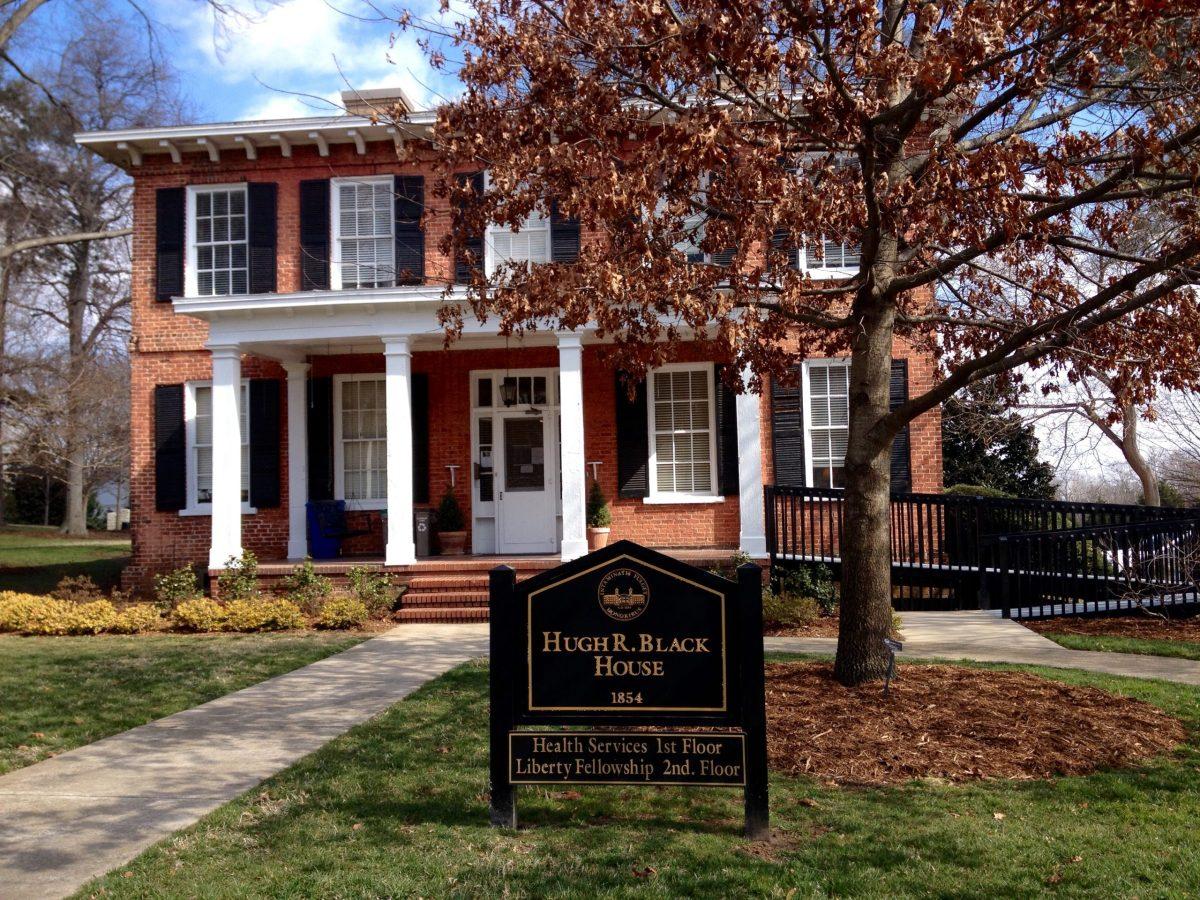ANXIETY, DEPRESSION AND PEACE OF MIND—
In a 2010 survey, the American College Health Association found that 45.6 percent of surveyed students reported feeling hopeless, and 30.7 percent reported feeling so depressed that it was difficult to function during the past 12 months. Five years later, Dr. Gregg Henriques, director of the Combined Clinical and School Psychology Doctoral Program at James Madison University, argues that a mental health crisis has swept the millennial generation.
“We need nationwide movements educating folks about the nature of human nature, the nature of emotions and how to deal with negative emotions. We also need to help folks understand the core need to be
known and valued by self and important others,” says Henriques.
For Henriques, the rising mental health problem on college campuses is a societal problem not exclusive to college students. However, Wofford’s counselor Perry Henson suggests that a college campus can fuel anxiety and other mental health problems because it’s a constantly changing environment with less stability than students would experience at home. Furthermore, the college life style, which often includes sleep deprivation, prevents students from functioning as well as they should.
“I would say take good basic care of yourself. You really need to be doing well physically, emotionally and mentally to be doing well academically. If you start off with the basics, then a lot of the time the other things come more easily,” says Wofford counselor Kelly Buckner.
In regards to what distinguishes mental illness from more ordinary mental health issues, Henriques says that the line is blurry. Buckner acknowledges that the most common mental health issues that students face are anxiety and depression, oftentimes temporary
struggles with external causes.
Lena Strayer, a junior at Iowa University, takes Prozac for her anxiety. Strayer’s anxiety is both aggravated and perpetuated by her academic work.
“During midterms, I lose so much weight,” says Strayer. “I have panic attacks, and I can’t eat when I get really stressed out.” Strayer’s panic attacks leave her overwhelmed and unable to study.
“I want to make good grades so that I can get a good job,” Strayer says.
Junior Addie Lawrence took antidepressants well into her freshman year at Wofford, though her symptoms were not connected to her academic work.
“I started to feel like I was acting all the time because I couldn’t feel genuine emotion. Then, I started to feel extreme, debilitating sadness. I was crying a lot and spending hours staring at the wall. I had no motivation or interest in anything. It was so frustrating. I got caught in a cycle between sadness and numbness, and for months I couldn’t feel
anything that resembled happiness. I sort of resigned myself to it,” says Lawrence. “I have old journal entries where I would just write
“It’s okay” or “breathe” over and over again because I was so paralyzed. That’s something that I don’t think people expect: how hard it
is just get yourself to move,” says Lawrence.
Lawrence no longer takes antidepressants, though she says that her circumstances are not typical.
“It’s not something that I can control,” says Lawrence. “It’s not something that anyone can control.”
At Wofford, all students can schedule counseling appointments by contacting Henson or Associate Dean of Students Beth Wallace. Emergency appointments can be made immediately during office
hours for crises situations. Outside of office hours, students should contact campus safety for emergencies. Health Services also offers an extended counseling network where students may be referred.
“If you have doubts about whether something is appropriate for therapy, just come in and ask. If it’s not appropriate for therapy, then we can point you to other resources. We’re happy to do it,” says Buckner.
“Being open with people definitely helped. Knowing that I have a support system is very reassuring. Being able to reach out to others, even if they can’t help, is very empowering,” says Lawrence.
—Caleb Pierce & Addie Lawrence
Story continues below advertisement





























